当前城市:淄博[切换]
- 手机雅思无忧

扫码登录
雅思考试主要是通过对考生听、说、读、写四个方面英语能力的考核,综合测评考生的英语沟通运用能力,实现“沟通为本”的考试理念。对于雅思考生来说,也有很多考试难点和政策盲区需要帮助解答。今天雅思无忧网小编准备了雅思听力真题及文本 2021年5月24日雅思听力真题回忆以及解析,希望通过文章来解决雅思考生这方面的疑难问题,敬请关注。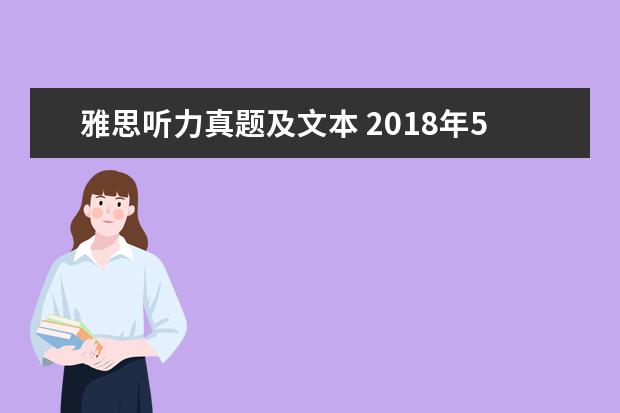
据很多雅思考生反映,这次的雅思考试比较难,那么下面就和的我来看看2021年5月24日雅思听力真题回忆以及解析。
一,考试概述:
Section 1 *咨询儿童礼物 10填空
Section 2 澳洲动物园 6匹配+4多选
Section 3 新发明探讨 6匹配+4选择
Section 4 自行车历史 10填空
二、具体题目分析:
Section 1 *咨询儿童礼物
1. A setoff gardening equipment
2. A pair of children’s gloves
3. Seeds of various of kinds
4. For children playing with water or sand
5. A pump
6. Building blocks
7. Made of plastic
8. A puzzle
9. For children learning different countries
10. Cost:16.50 pounds
Section 2 澳洲动物园
11. Monkey zone - A
12. Insects - C
13. ****J
14. Snake house - F
15. Kangaroo area - B
16. Tiger - H
17. Zoo evening - A prize/award winner
18. Artist festival - B restart this year
19. Zoo twilight - B occur annually
20. Birthday gale - C have a free toy
Section 3 新发明探讨
21. Energy harvest - G used in *all electric equipment
22. Thin film solar panel - F can be manufactured economically
23. Sport shoes - C technology from space
24. Wind turbine - A meets energy demand globally
25. Hi-tech fruit package - D improve their quality
26. Electric sport car - B better appearance
27. A store the seeds and kept them stable
28. C countries that buried seeks in them
29. A he has limited knowledge
30. C money can be used in better ways
Section 4 自行车历史
31. Advantage: faster and requires less effort than walking
32. Year: 1860s
33. Features: rubber tires/go much further
34. For *oother ride
35. A chain connected the pedal and the wheel
36. It is safer than precious models
37. Still uncomfortable to ride because the wheels are too *all
38. Rate of speed
39. Key pedal which help go downhill
40. Loads can be carried over the back wheel
上周的雅思考试已经顺利结束,真题和答案也已经公布,接下来就和看一看2021年6月13日雅思听力考试真题及答案。
SECTION 1
【租用露营车】
1. telephone No.0419657156
2. send things by post
3. price for renting: $39 per day
4. an extra bed
5. equipment : kitchen on the top
6. need to have a heater
7. microwave
8. Pick them up back from the airport
9. Insurance: the youngest driver`s age Caroline: 49 years old
10. The license issued in Australia
SECTION 2
【体育中心】
11. What was newly established?
C. Dance studio
12. When is the busiest time?
B. Weekday evenings
13. How to get a discount?
B. book in advance
14. What benefit new customer can get?
A. free training for today only
15. Why did the gym win an award?
B. Offering professional advices
16. Why most people give up half way?
C. busy with study or work
ral training:
B. increased leg power
18. ning:
oved concentration
19. Aerobic training:
ced stress
20. squash
k reaction times
SECTION 3
【Varroa mites 蜂螨】
oa mites have been found on a flowers
they carried by bees and hide under the hive
r their *ell by the honey
*s suck the “blood” of * honey bees
compromised * bees are more prone to infections caused by a virus
pe bumble bee: spread weeds
oo bee:not much is know about it
canized honeybees are: too aggressive
dian bees: need a warm climate
ralian bee:number are too few to help farmers
SECTION 4
【建筑材料的优缺点】
foundation is constructed of natural materials
the best soil and sand
bricks contain a lot of high-quality clay
ntages: cheap and convenient
process of brick making takes a good training
needs water, time and labor
tly, the roof needs to be set up
is covered with plaster to prevent insects
shape of the strength
has a risk of fire
Chapter 1 雅思王精解听力语料库 /1 1.1 那些你必须知道的语料知识 /3 1. 陆陆老师,我知道雅思考试必须掌握一定的词汇,但是我不知道语料是什么,有多重要? 2. 既然语料库很重要,为什么还需要背单词? 3. 雅思听力的词汇量究竟有多大? 4. 雅思听力的语料大概有多少,有什么特点? 5. 陆陆老师,雅思听力语料应该怎么掌握? 6. 您强调听说并进,那么听力语料和口语语料可以同步背诵吗? 7. 这本书仅仅是听力语料库吗? 8. 听力考试中只采用英国口音的英语吗? 9. 听力答案可以全大写吗? 10. 点式听力是什么? 11. 雅思听力中为什么要强调魔鬼跟读法? 12. 您为什么强调复数听写法? 13. 记不住词义怎么办? 14. 什么时候开始背单词? 15. 什么时候开始准备语料? 1.2 全书教学法及训练法大观 /7 1.3 Feedback Card 说明书 /8 Chapter 2 雅思听力语料库拼写规范 /11 2.1 通用拼写 /12 2.2 两种拼写 /15 2.3 必须连写的词 /16 2.4 加连字符的词 /20 2.5 空格词 /21 Chapter 3 雅思听力特别名词语料库 /23 3.1 语料训练方法(1) /25 3.2 特别名词 /26 Chapter 4 雅思听力形容词副词语料库 /67 4.1 语料训练方法(2) /69 4.2 Adjective 形容词 /70 4.3 Adverb 副词 /83 Chapter 5 吞音连读混合训练语料库 /85 5.1 语料训练方法(3) /87 5.2 吞音连读混合训练 /88 Chapter 6 雅思听力复数听写语料库 /143 6.1 语料训练方法(4) /145 6.2 复数基本规则 /146 6.3 Cambridge 1 复数听写 /147 6.4 Cambridge 2 复数听写 /153 6.5 Cambridge 3 复数听写 /158 6.6 Cambridge 4 复数听写 /162 6.7 Cambridge 5 复数听写 /167 6.8 Cambridge 6 复数听写 /172 6.9 Cambridge 7 复数听写 /176 6.10 Cambridge 8 复数听写 /179 6.11 Cambridge 9 复数听写 /182 Chapter 7 雅思听力拼写语料库 /187 7.1 语料训练方法(5) /189 7.2 Abbreviation 缩写 /190 7.3 Pronunciation 发音 /197 7.4 Grammar 语法错觉 /201 Chapter 8 雅思听力生存语料库 /203 8.1 语料训练方法(6) /205 8.2 Number 数字 /206 8.3 Letters & Numbers 字母和数字 /217 8.4 Units 钱数 /223 8.5 Addresses 地址 /226 8.6 Dates 日期 /235 8.7 Major 专业 /241 Chapter 9 雅思听力动词语料库 /245 9.1 语料训练方法(7) /247 9.2 特别动词 /248 Chapter 10 雅思听力流动性语料库 /253
以上就是雅思无忧网为您准备的访问雅思无忧网(https://www.yasi.cn/),了解更多雅思考试新消息,新动态。
雅思培训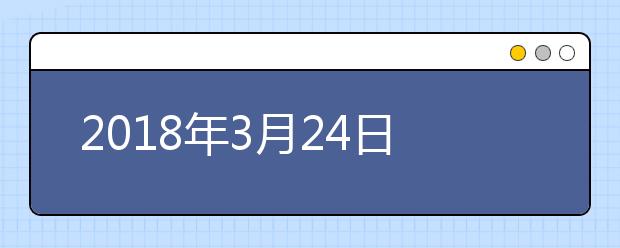 2018年3月24日雅思听力考试回忆及答案
2018年3月24日雅思听力考试回忆及答案
想要获取更多新雅思机经,请戳这儿~☞☞☞。
2021年10月24日 05:17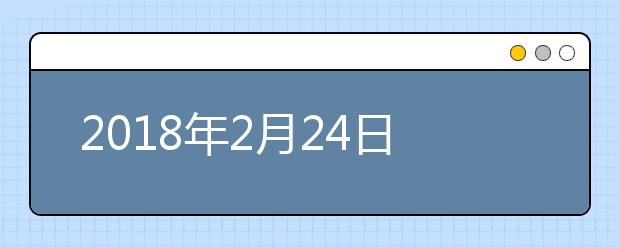 2018年2月24日雅思听力考试回忆及答案
2018年2月24日雅思听力考试回忆及答案
想要获取更多新雅思机经,请戳这儿~☞☞☞。
2021年10月24日 06:33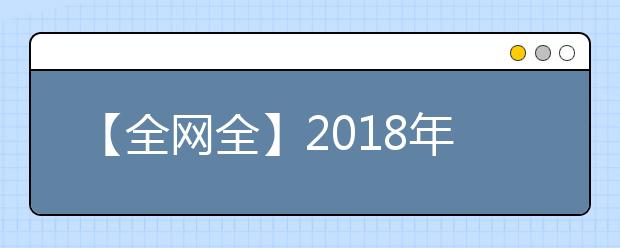 【全网全】2018年5月24日雅思听力预测重磅来袭
【全网全】2018年5月24日雅思听力预测重磅来袭
雅思考是很多考生重视的,为了帮助大能在雅思考中取得很好的成绩,送上2018年5月24日雅思听力小范围
2021年10月28日 12:37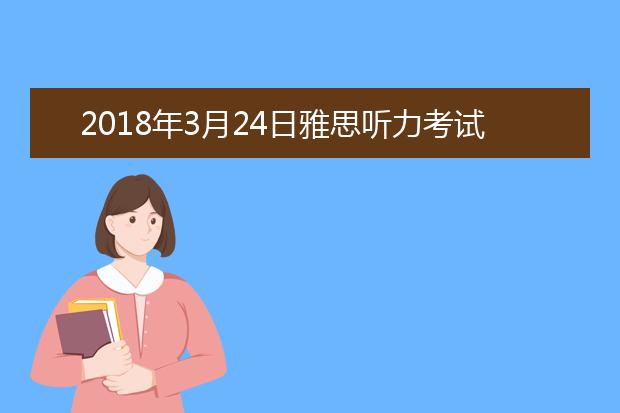 2018年3月24日雅思听力考试回忆及答案
2018年3月24日雅思听力考试回忆及答案
想要获取更多新雅思机经,请戳这儿~☞☞☞。
2022年01月16日 16:44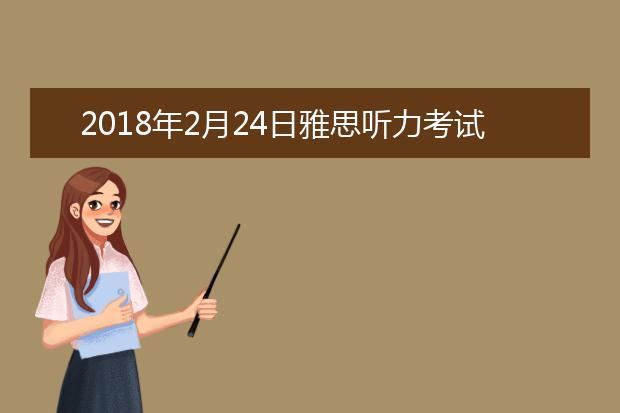 2018年2月24日雅思听力考试回忆及答案
2018年2月24日雅思听力考试回忆及答案
想要获取更多新雅思机经,请戳这儿~☞☞☞。
2022年01月16日 21:44 【全网全】2018年5月24日雅思听力预测重磅来袭
【全网全】2018年5月24日雅思听力预测重磅来袭
雅思考是很多考生重视的,为了帮助大能在雅思考中取得很好的成绩,送上2018年5月24日雅思听力小范围
2022年02月03日 03:37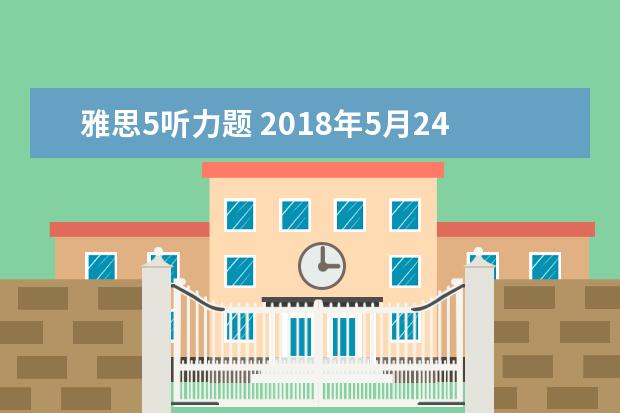 雅思5听力题 2018年5月24日雅思听力真题回忆以及解析
雅思5听力题 2018年5月24日雅思听力真题回忆以及解析
雅思考试主要是通过对考生听、说、读、写四个方面英语能力的考核,综合测评考生的英语沟通运用能力,实现“
2023年08月26日 16:00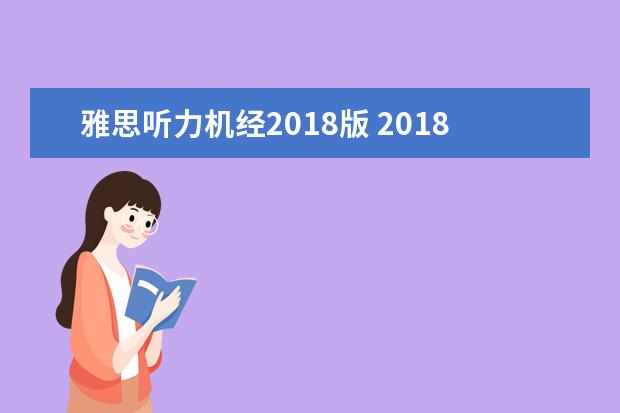 雅思听力机经2018版 2018年5月24日雅思听力真题回忆以及解析
雅思听力机经2018版 2018年5月24日雅思听力真题回忆以及解析
雅思考试主要是通过对考生听、说、读、写四个方面英语能力的考核,综合测评考生的英语沟通运用能力,实现“
2023年06月07日 02:26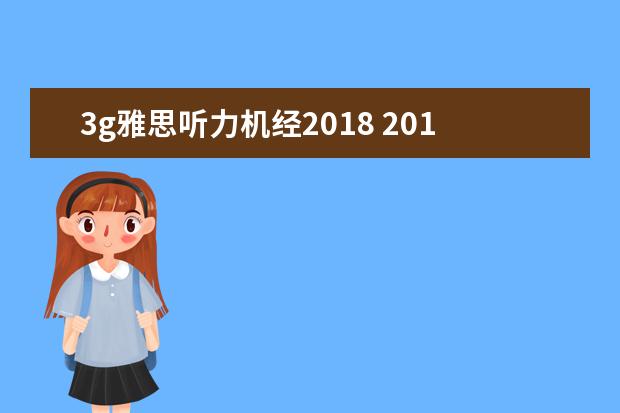 3g雅思听力机经2018 2018年5月24日雅思听力真题回忆以及解析
3g雅思听力机经2018 2018年5月24日雅思听力真题回忆以及解析
雅思考试主要是通过对考生听、说、读、写四个方面英语能力的考核,综合测评考生的英语沟通运用能力,实现“
2023年06月07日 10:34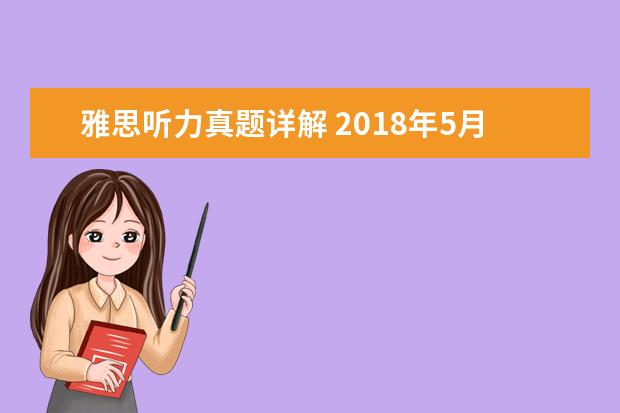 雅思听力真题详解 2018年5月24日雅思听力真题回忆以及解析
雅思听力真题详解 2018年5月24日雅思听力真题回忆以及解析
雅思考试主要是通过对考生听、说、读、写四个方面英语能力的考核,综合测评考生的英语沟通运用能力,实现“
2023年06月07日 15:40